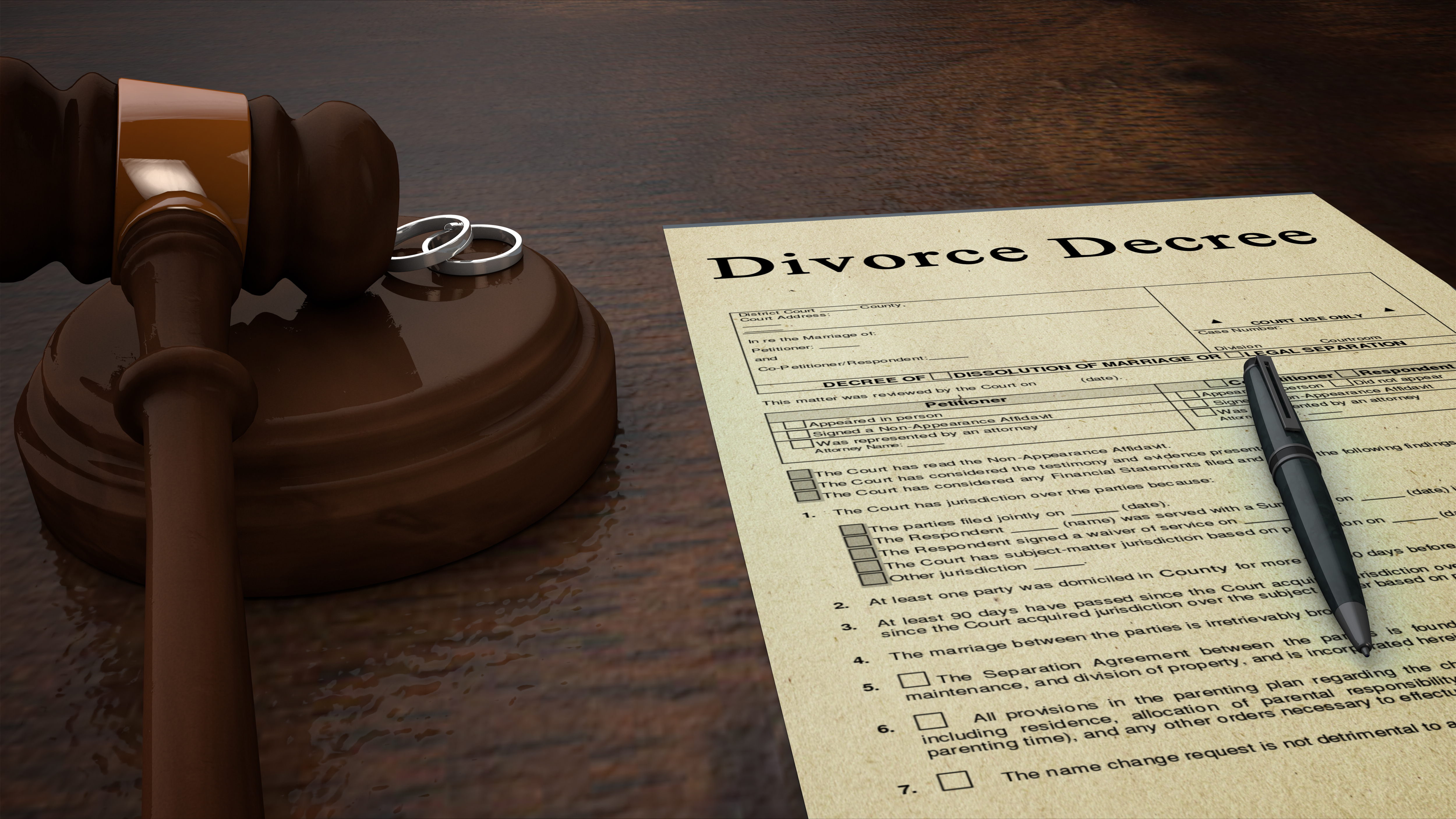During a divorce, a couple must divide their property and debts as part of the proceedings in California courts. Although it is possible for a couple to divide their assets and debts amicably and equally, it is often a contentious process that may require the intervention of a judge. Even if the assets are divided equally, a judge must sign off on the agreement. However, if your ex-spouse or partner is refusing to abide by the agreement and pay the family law judgment, you may need to take steps to collect as the court will not enforce the divorce judgment for you.
Not Merged or Incorporated into Judgment
If the marital settlement was not merged or incorporated into the divorce judgment, it is considered a contract and not enforceable as a money judgment. This would mean filing a civil case for breach of contract in order to collect on the order.
Family Law Money Judgment
If your marital settlement agreement was merged or incorporated into the divorce judgment and the judgment has been entered by the courts, you can begin the process of collecting on the judgment. In cases of bankruptcy, appeal or other legal action, a stay may be issued which prevents you from attempting collection until the legal matter is resolved. If there is no stay and the courts have entered the judgment, there are steps you should take to begin collecting.
Mailing Address
Surprisingly, many people fail to give their former spouse or partner a valid mailing address where they should send payments, so be sure that you have provided a valid mailing address once the judgment has been entered. You may offer to accept less than the whole judgment immediately, or you can agree to take regular payments. However, by accepting less than the whole judgment, you give may give up the right to the balance of the judgment.
Formal Legal Notice
If you do not receive payment by the date ordered by the court, write a letter and include a copy of the court order. Remind your former spouse or partner that they owe the money and that you may take further action if the debt is not paid. Send the letter via certified mail, return receipt requested as proof that the letter was received by your former spouse.
Abusive or Illegal Practices
When attempting to collect on a family law judgment, you may not use illegal or abusive practices in order to collect the debt. Some practices that must be avoided include:
- Lie or make misleading statements
- Harass your ex-spouse or partner
- Ask another person, including family members, for more than basic information about where the ex-spouse is living
- Tell their employer or other people that they owe you money, unless you obtain an earnings withholding order from the court
- Contact them before 8 AM or after 9 PM or at any time that is not convenient
Other Actions
If the former spouse or partner continues to avoid paying, you may take further legal action, including:
- Place a lien on real estate owned by the ex-spouse or partner
- File an Earnings Withholding Order with the courts to garnish their wages
- Obtain a levy on the ex-spouse or partner’s bank account
- Place a lien on personal property, such as vehicles or other belongings
It is sometimes difficult and time consuming to collect after a divorce judgment, and the courts will not collect the judgment for you. Therefore, it may be necessary to hire an attorney in order to collect the money that is owed to you after a divorce.









Recent Comments